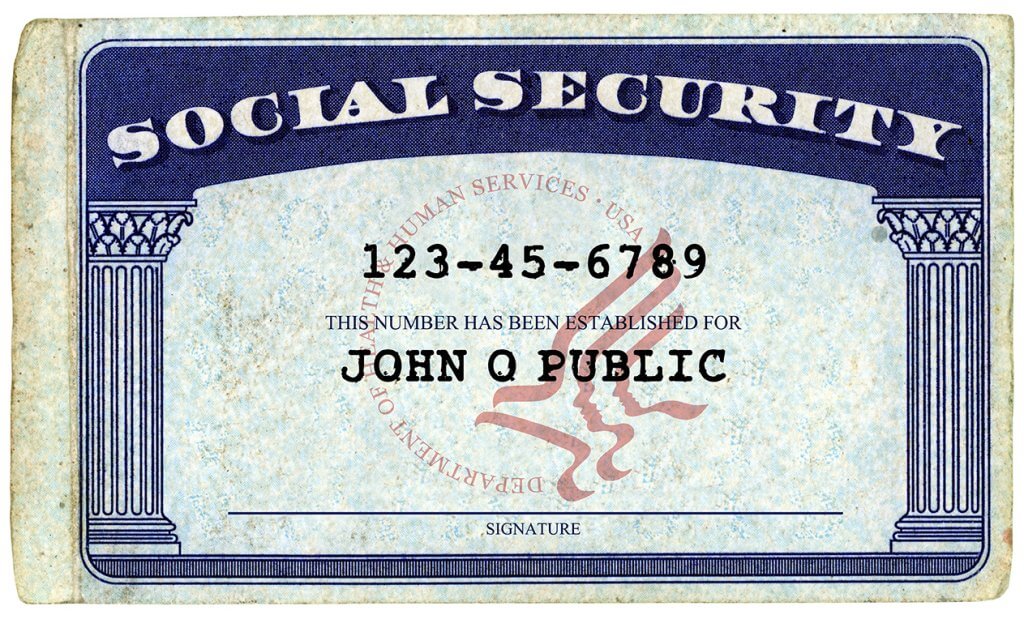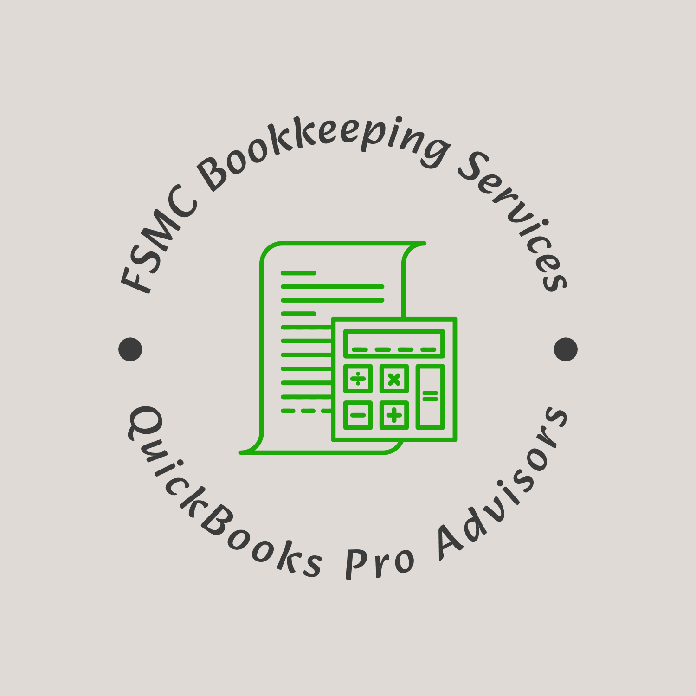MYTH: /miTH/ (noun) – a commonly held but incorrect belief or idea.
Misinformation about the IRS and tax code has grown online, leading many to believe in myths that could result in costly tax surprises. Here are some common misconceptions:
Home Office Deductions

Myth #1: I work from home, so I can deduct home office expenses.
Only those who operate a business out of their home can deduct home office expenses. Employees are not eligible for this deduction, and even business owners must meet specific requirements.
Takeaway: Tax laws can be intricate, even for deductions that seem straightforward, like the home office deduction. Check out this document from the IRS.
Retirement Income

Myth #2: All retirement income is tax-free.
After retiring, you may assume withdrawals from a 401(k) or IRA aren’t taxed. However, withdrawals from traditional 401(k)s and IRAs are subject to income tax at your current rate.
Takeaway: Know the tax implications for each of your retirement accounts. Some withdrawals are taxed, some may incur penalties if taken early, while others may be tax-free. Learn more from the IRS.
Social Security Benefits Income

Myth #3: Government benefits like unemployment and Social Security aren’t taxed.
Most unemployment and Social Security benefits are taxable. Unemployment income is taxed at your standard rate, and up to 85% of Social Security benefits may be subject to income tax, depending on your total income. Supplemental Security Income (SSI), however, isn’t taxable.
Takeaway: Consider having taxes withheld from unemployment benefits to avoid a large bill when filing. With Social Security, plan for potential tax obligations. Learn more from the Social Security Administration
Gambling Winnings

Myth #4: The government won’t know about my big gambling winnings.
Gambling winnings are considered taxable income, and the IRS typically requires about 25% of winnings from lotteries, casinos, bingo, sports betting, and more. Gambling entities also report winnings above certain amounts, so it’s wise to track them.
Takeaway: Gambling winnings are taxable, just like other income types. Deductions for gambling losses exist but come with limits and require itemizing deductions unless you’re a self-employed gambler. See what the IRS has to say on this topic.

Bottom Line: Tax laws are often complex. When in doubt, seek professional guidance.



